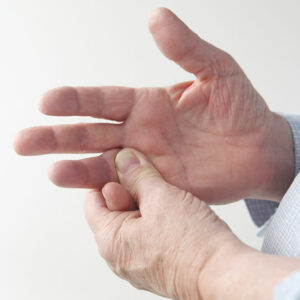5 common sleep disorders and factors that affect sleep quality

Doctors recommend a decent 8 hours of sleep every night for adults because sleep is essential for both physical and mental health. From managing hormone levels and relieving fatigue to affecting mood, a decent sleep cycle helps regulate various body processes. While there’s nothing one would love more than a good night’s sleep after a tiring day, sleep disorders often disrupt sleep cycles and reduce the quality of sleep.
Here are some common sleep disorders and their symptoms that you should know about:
- Sleep apnea
Characterized by repeated interrupted breathing, sleep apnea is a serious disorder. People with this condition experience repeated episodes of breathing difficulties while they’re asleep and often wake up gasping for air. There are two types of sleep apnea: obstructive and central. - Restless Leg Syndrome (RLS)
RLS is a sleep disorder that leads to an irresistible urge to move one’s legs. This condition is so uncomfortable that people find it difficult to sleep and pace around at night, hoping to achieve some relief. - Insomnia
Insomnia is a common condition that makes it difficult for an individual to fall or stay asleep. While many adults suffer from insomnia, only a few experience chronic insomnia. - Narcolepsy
This is a neurological disorder that affects sleep control and causes uncontrollable episodes of sleepiness during the day. This condition usually goes unnoticed, but it can also cause sleep paralysis. - REM sleep behavior disorder
The paralysis that usually accompanies REM sleep is missing or incomplete in people with REM sleep behavior disorder. This causes them to act out their dreams, including talking, yelling, kicking, and screaming.
Causes of sleep disorders
Sleep disorders can be caused by scores of factors. Some are caused by an underlying physical health condition, while others may be triggered by poor mental health. Irrespective, here are a few common factors that affect the quality of sleep:
- Pain
Chronic pain can make it very difficult to fall asleep. Arthritis, headaches, bowel issues, back pain, and fibromyalgia can lead to chronic pain and poor sleep cycles. The pain due to these conditions can even cause a person to wake up from deep sleep. - Anxiety
Anxiety tends to impact lots of things, including sleep patterns, negatively. Overthinking can result in difficulty falling or staying asleep, and it can also lead to nightmares and night terrors. - Nocturia
Nocturia is when a person wakes up multiple times at night to urinate, leading to a disturbed sleep cycle. It can be caused by a hormonal imbalance or a Urinary Tract Infection (UTI). - Respiratory conditions
Having a cold or an upper respiratory infection can cause trouble sleeping. Difficulty breathing can lead to snoring or other disturbances that can affect the sleep cycle and lead to sleep disorders like acute insomnia, affecting concentration levels and mood the next day.



